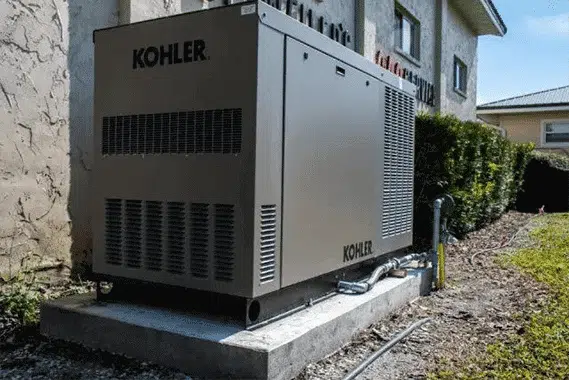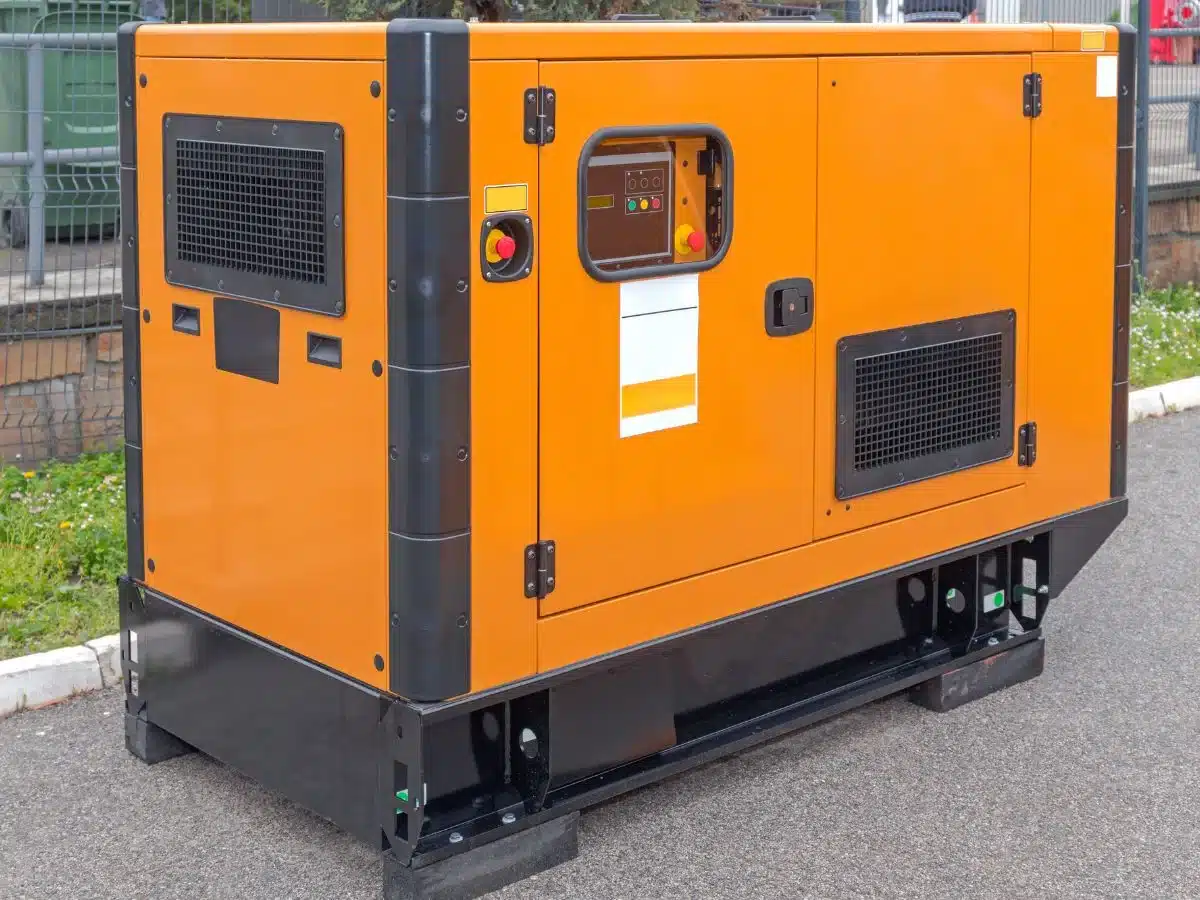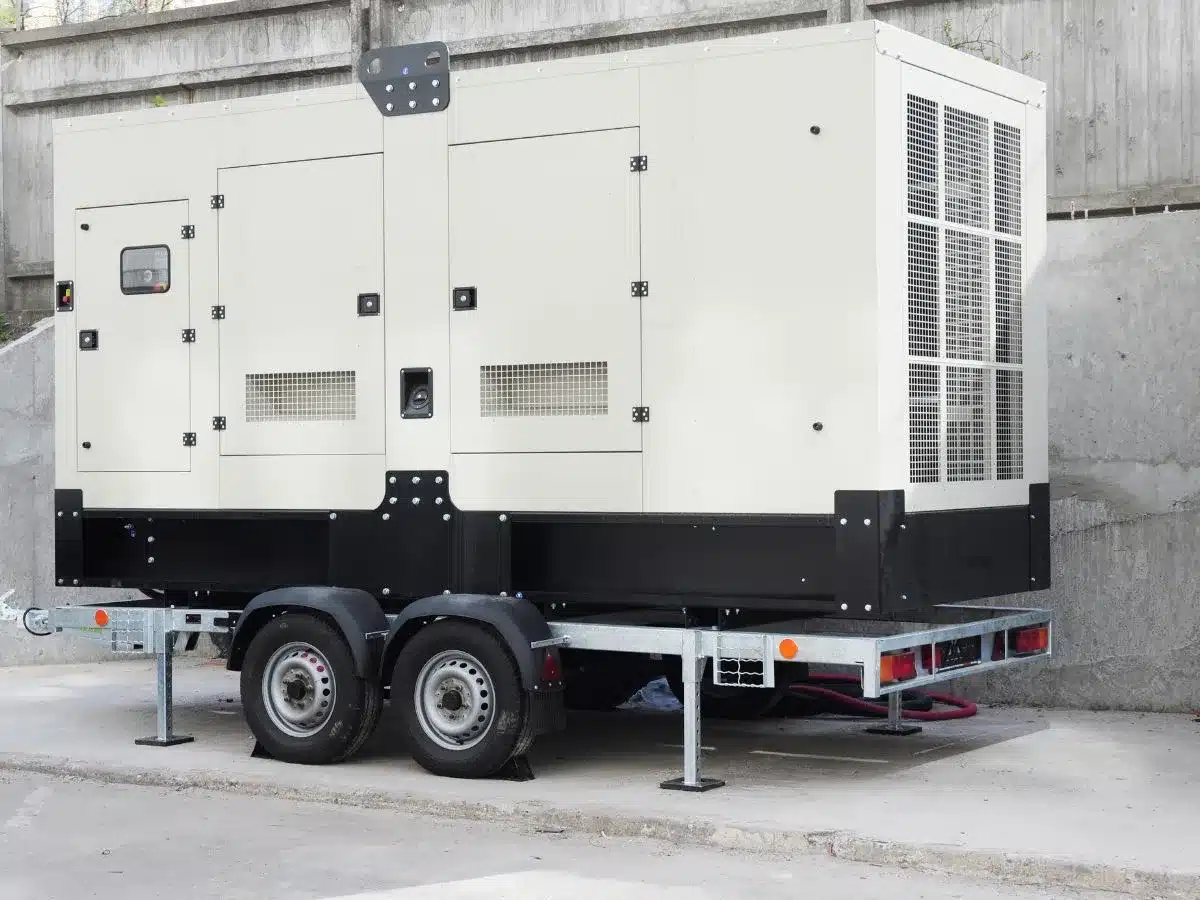Generator Safety Tips for Hurricane Season
During hurricane season, blackouts are common. Many homeowners and businesses rely on generators until power is restored. Portable generators that run on gasoline and commercial diesel generators are invaluable during this time, but they can also be deadly. Generator misuse can cause fires, electrocution, and carbon monoxide poisoning.
Here are some of the top generator safety tips for hurricane season.
Don’t Run It in an Enclosed Space
The placement of the equipment causes most generator-related injuries and deaths. Place a generator 15 to 20 feet away from a building and keep the exhaust directed away from doors and windows. Never operate a gasoline-powered generator inside any of the following enclosed spaces:
- Home
- Garage
- Basement
- Shed
- Trailer
Even if all the doors and windows are open, it’s best to avoid installing generators indoors or in other partially enclosed spaces. Doing so can lead to the build-up of dangerous carbon monoxide, which can also seep or be blown by the wind into a home.
Keep It Dry
It’s essential to keep the generator from getting wet and refrain from operating it in wet or damp conditions. If it’s raining or snowing, it might be best to wait it out and only operate the generator once it’s clear outside. Using a generator during a hurricane is also inadvisable because of the potential safety risks.
However, if generator use during a hurricane is necessary despite the adverse weather conditions, make sure that it’s shielded from the rain. There are tents, canopies, and enclosures designed specifically for generators that can be purchased online or from hardware stores. Ensure that they’re made from durable and heat-resistant materials since the ones made from plastic can melt or deform if the generator runs too hot.
Avoid Electrical Hazards
Avoid getting shocked or electrocuted by following the safety tips below:
- Read the owner’s manual carefully. Make sure to check the electrical load rating, as this will come in handy later on when the generator is in use.
- Plug-in appliances directly to the generator.
- Any extension cords should be designed for outdoor or heavy-duty use. It should also be three-pronged and free from any damage, frays, or cuts. Keep them out of the way but also in plain view to avoid tripping accidents.
- Make sure the generator is grounded.
- Don’t overload the generator. Check whether the generator can handle the wattage of the appliance first. As much as possible, heavy-duty items such as air conditioners, electric stoves, and heaters shouldn’t be connected to the generator.
Get a CO Detector
Carbon monoxide is one of the common by products of operating a generator and is odourless and invisible. It isn’t easy to track carbon monoxide levels without the use of specialized equipment. Any business or homeowner that uses a generator should also invest in a good carbon monoxide detector.
One of the best generators for hurricane season has a built-in carbon monoxide tracker. This type of generator detects when it’s producing dangerous levels of carbon monoxide and automatically shuts down.
Do Not Back Feed Power
Back feeding involves attempting to power the wiring system of the entire house by connecting the generator into a wall outlet. This unsafe practice can lead to electrocution, electrical fires, and appliance or electronic device damage.
Back feeding can cause safety risks not only to the residents of the home but also to utility workers and neighbours who may be using the same utility transformer.
Store Fuel Properly
Homeowners who are getting their generators ready for hurricane season also need to stock up on fuel. Fuel should be stored in a cool and well-ventilated space outdoors. If possible, you should not keep the fuel in the same place as the generator. Generator owners also have to make sure that they’re only using fuel recommended in the manual.
Moreover, don’t forget to turn off the generator and give it time to cool before refuelling. When gasoline comes in contact with hot engine parts, it can ignite. Giving the engine ample time to cool down reduces the risk of fires and burns.

Wrapping Up
Awareness and proper precautions are essential when it comes to safe generator use. Working with a generator maintenance service will also help businesses and homeowners ensure that the equipment is always ready to use and in excellent working condition. After all, the best home generators are those that are safe and risk-free.





